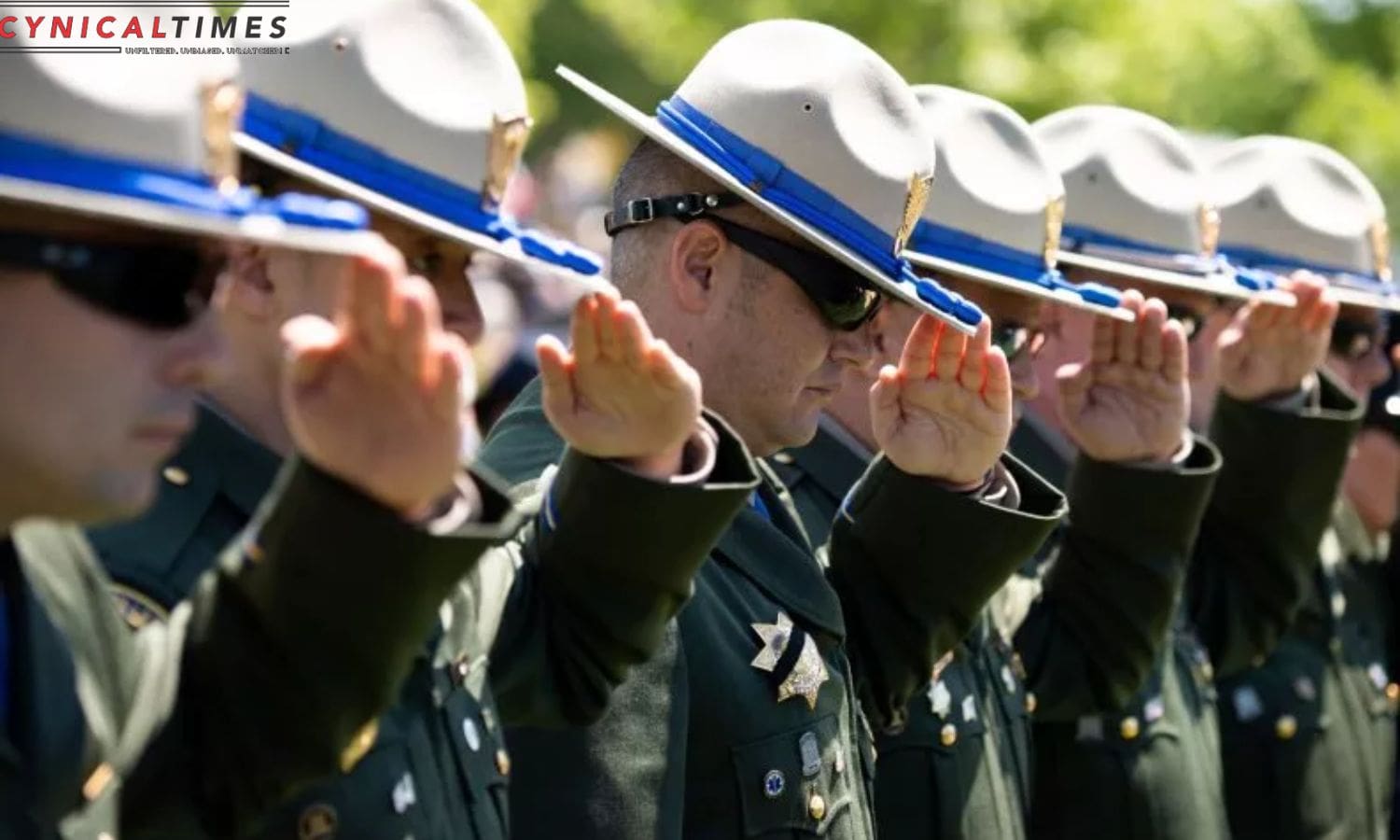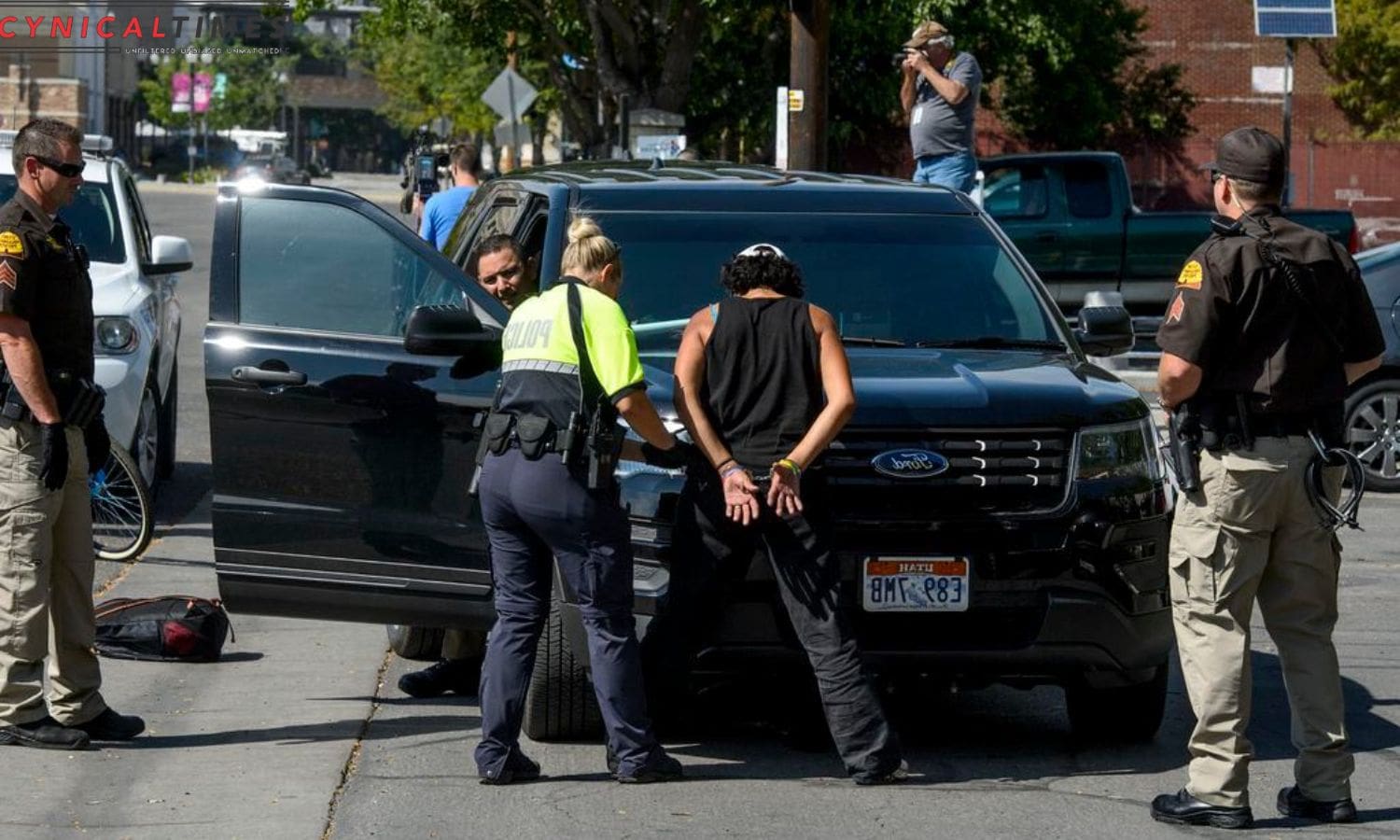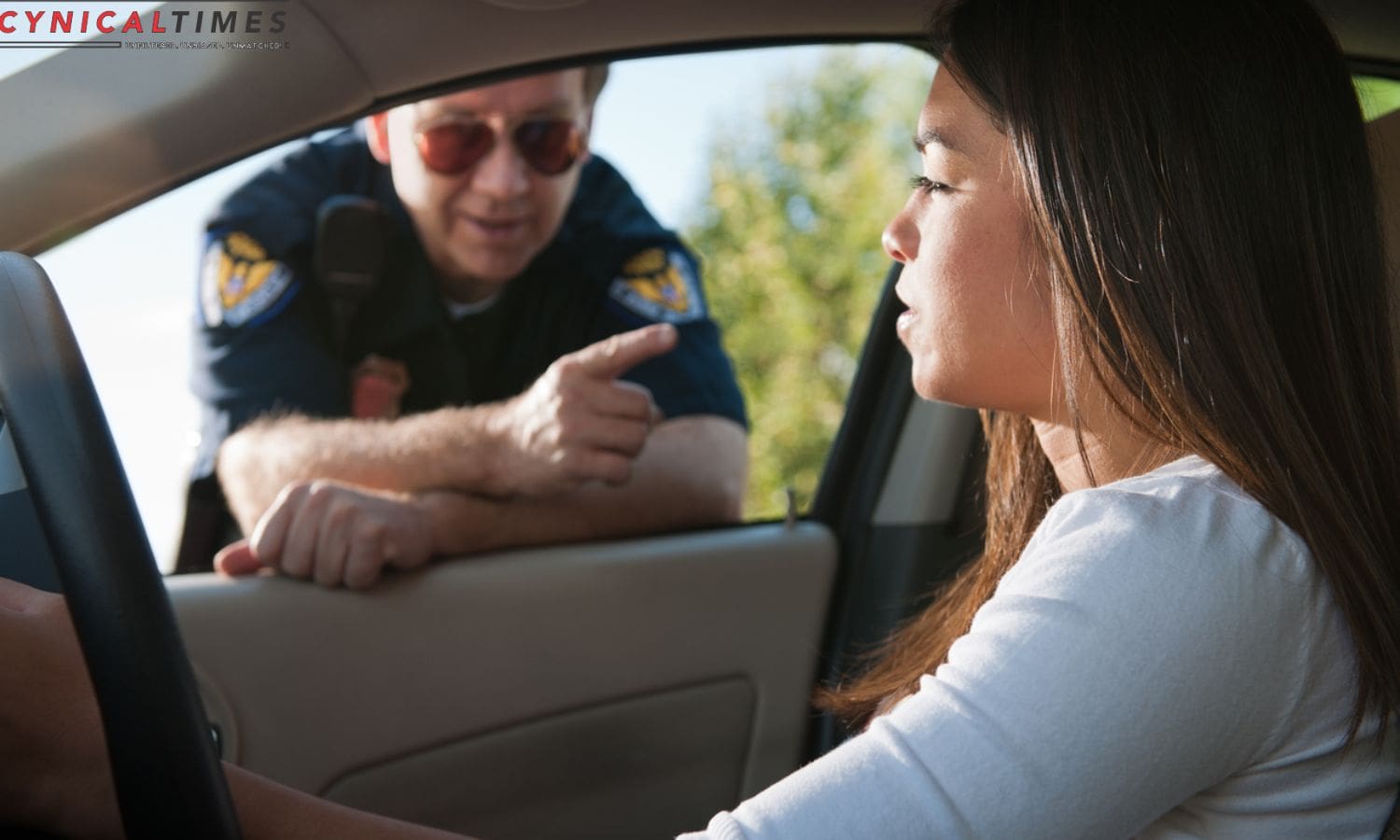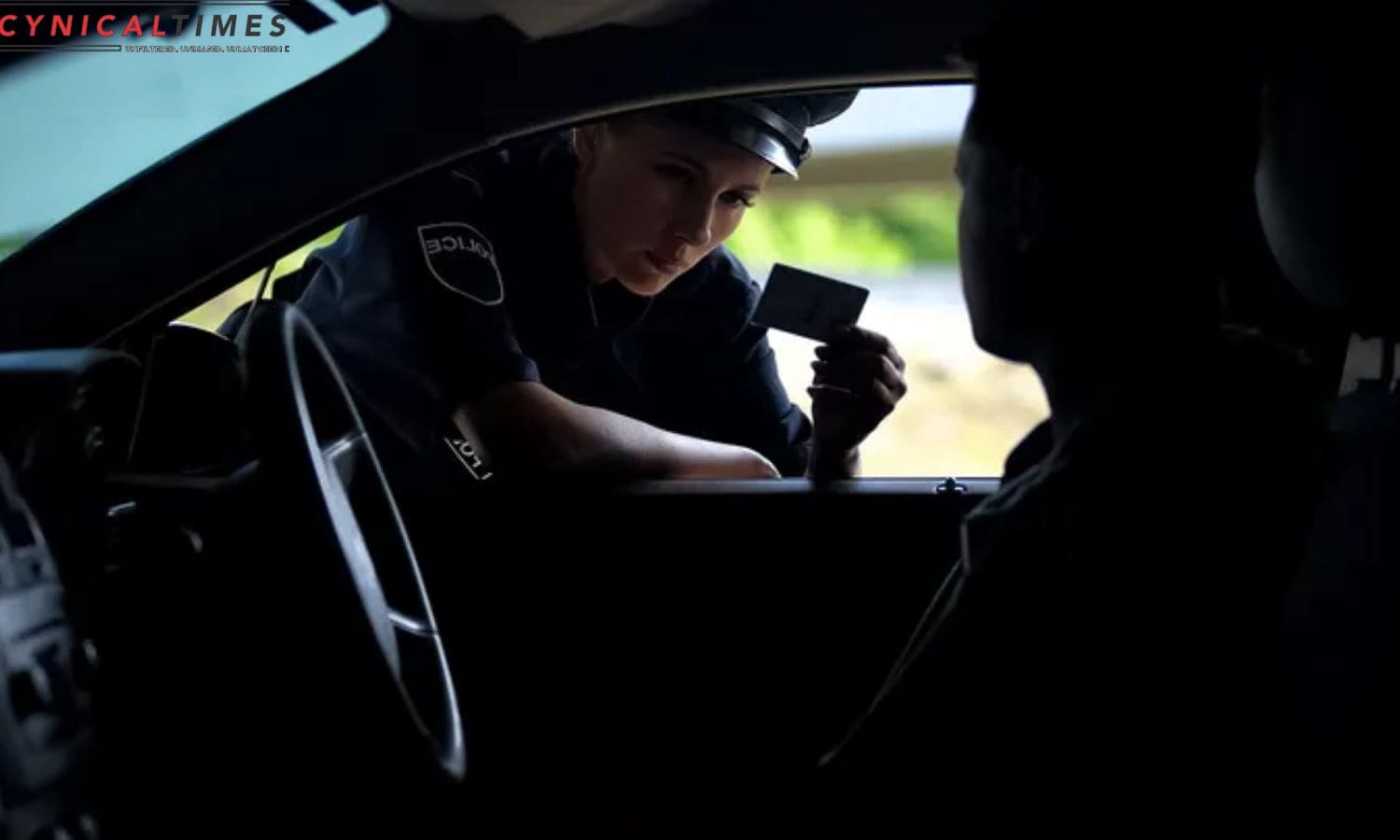California Traffic Stops Revolution: AB 2773, which aims to reshape the interactions between law enforcement and civilians in California.
With a primary objective of curbing pretextual stops, this bill seeks to promote equity and accountability within the criminal justice system.
Assembly member Chris Holden offers his perspective on fostering trust and de-escalation, while we explore the legislative approval and democratic support behind the passage of this transformative law.
Additionally, we examine the transparency and accountability measures implemented to ensure reporting of valid reasons for traffic stops.
Key Takeaways Of California Traffic Stops Revolution
- AB 2773 introduces new guidelines for traffic stops in California, aiming to shape police-civilian interactions and increase transparency.
- The law prohibits pretextual stops based solely on suspected minor traffic violations, aiming to curb racial profiling and promote equity.
- Assembly member Chris Holden emphasizes community involvement, proactive policing strategies, and de-escalation techniques to foster trust between law enforcement and the community.
- AB 2773 prioritizes transparency and accountability by requiring law enforcement agencies to document and report the reasons for each stop, enhancing oversight and fostering trust.


Introduction of AB 2773: Shaping Police-Civilian Interactions in California
AB 2773 significantly reshapes police-civilian interactions in California by introducing new guidelines and requirements for traffic stops. The introduction of this law marks a significant shift in how law enforcement officers engage with the public during traffic stops.
Under AB 2773, officers are now required to clearly state the purpose of the stop, providing a concise explanation to the driver. This measure aims to increase transparency and reduce potential misunderstandings or tensions between officers and civilians. By explicitly stating the reason for the stop, officers can establish a clear line of communication from the outset, fostering a more respectful and cooperative interaction.
This new requirement is expected to improve trust and enhance the overall experience for both law enforcement officers and the public they serve.
Aim and Impact: Curbing Pretextual Stops for Equity and Accountability
The implementation of AB 2773 aims to curtail pretextual stops, promoting equity and accountability in traffic enforcement.
Pretextual stops occur when law enforcement officers use a minor traffic violation as a pretext to stop and search individuals for unrelated reasons. These stops disproportionately target marginalized communities, leading to racial profiling and a lack of accountability.
AB 2773 seeks to address this issue by prohibiting law enforcement officers from conducting a traffic stop based solely on a suspected minor traffic violation. Instead, officers must have a reasonable suspicion that the driver has violated a specific traffic law.
Assembly member Chris Holden’s Perspective: Fostering Trust and De-escalation
Assembly member Chris Holden’s perspective on fostering trust and de-escalation in California’s traffic stops revolution is shaped by his commitment to community engagement and proactive policing strategies. Holden recognizes the importance of building trust between law enforcement and the communities they serve.
To achieve this, he proposes several key strategies:
- Community involvement: Holden believes that by actively involving the community in shaping policing policies and practices, trust can be fostered. This includes soliciting input from community members, conducting regular town hall meetings, and establishing partnerships with local organizations.
- Proactive policing: Holden emphasizes the need for law enforcement to adopt proactive policing strategies that prioritize prevention and community engagement. This approach focuses on building relationships, addressing underlying issues, and preventing crime before it occurs.
- De-escalation techniques: Holden advocates for the use of de-escalation techniques in traffic stops to prevent tense and potentially dangerous interactions. This includes providing officers with training on communication skills, conflict resolution, and implicit bias awareness.


Legislative Approval and Democratic Support: Behind the Passage of AB 2773
During the legislative approval process, AB 2773 gained significant traction and support from Democratic representatives, marking a crucial step towards revolutionizing traffic stops in California. This bill, introduced by Assembly member Chris Holden, aimed to address the issue of racial profiling and promote safer interactions between law enforcement and the community. In both the Assembly and the Senate, AB 2773 received strong backing from Democratic lawmakers who recognized the need for reform in traffic stops. The table below provides a summary of the votes in each chamber:
| Chamber | Democrats in favor | Democrats against |
|---|---|---|
| Assembly | 54 | 11 |
| Senate | 28 | 11 |
The overwhelming support from Democratic representatives highlights their commitment to addressing systemic issues and promoting equitable law enforcement practices. With this backing, AB 2773 successfully passed through the legislative process, paving the way for a new era in traffic stops in California.
Transparency and Accountability Measures: Reporting Reasons for Stops
Transparency and accountability are prioritized through the implementation of reporting reasons for stops in AB 2773, contributing to a revolutionary change in California’s traffic stops. This measure aims to provide a clear record of the reasons behind each stop conducted by law enforcement officers.
Here are three key points regarding the significance of reporting reasons for stops:
- Increased accountability: By requiring law enforcement agencies to document and report the reasons for each stop, AB 2773 holds officers accountable for their actions. This enables the identification of any potential bias or discriminatory practices during traffic stops.
- Oversight and analysis: The availability of detailed information about the reasons for stops allows for comprehensive oversight and analysis. Researchers, policymakers, and community organizations can examine the data to identify patterns of unequal treatment or potential misconduct.
- Trust and confidence: The implementation of reporting reasons for stops fosters trust and confidence between law enforcement and the communities they serve. Transparent reporting helps address concerns about racial profiling and promotes fair and equitable treatment for all Californians.


Also Read: California State Parks Boost Local Recreation: Sacramento Parks Set for Upgrades
Conclusion Of California Traffic Stops Revolution
AB 2773 is a significant legislative measure in California aimed at shaping police-civilian interactions by curbing pretextual stops.
With the aim of promoting equity and accountability, this bill has garnered support from Assembly member Chris Holden and has been approved by the legislature with democratic support.
By implementing transparency and accountability measures, such as reporting reasons for stops, AB 2773 seeks to foster trust and de-escalation in traffic stops throughout the state.
Our Reader’s Queries
Can you refuse to exit your vehicle in California?
If an officer “asks” you to exit your vehicle during a traffic stop, it is merely a request and you have the right to refuse. However, if the officer issues an order for you to step out, you are legally required to comply. Remember, an order is not a request and must be followed.
Is evading police a felony in California?
Evading an officer, as defined by Vehicle Code 2800.1, is considered a misdemeanor offense. This means that the maximum penalty for this offense is one year in county jail and a fine of up to $1,000. It’s important to note that this penalty is less severe than the penalty for the more serious § 2800.2 Felony Reckless Evading, which can be charged as either a misdemeanor or a felony.
Which action should you take during a law enforcement stop?
When being stopped by law enforcement, it’s best to pull over in a well-lit area if possible. Turn off any music or radio playing in your vehicle and stay inside unless instructed otherwise by the officer. Before the officer approaches your vehicle, roll down your window to make communication easier. Following these simple steps can help ensure a safe and smooth interaction with law enforcement.

